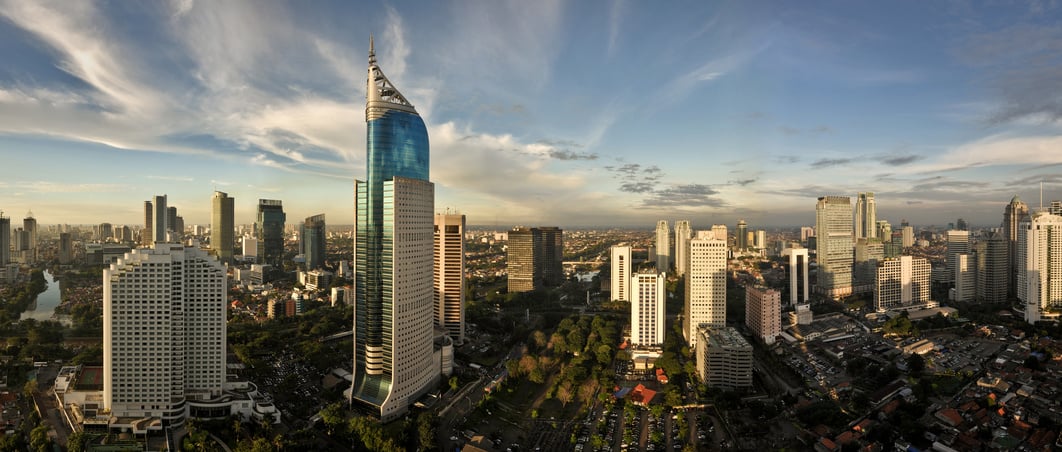In brief
On 4 February 2021, the Government published its long-awaited draft implementing regulations on the job creation law (the “Omnibus Law”). Previously, the competition authority could impose an administrative fine for competition law infringements of up to IDR 25 billion. The new maximum penalty will be either 50% of the profit gained by the violating party in the period in which it was in violation or 10% of its revenue. The new regulations also introduce other factors to be considered in determining penalties, as well as amendments to the appeals procedure.
It is unclear when this draft, which was to be issued within three months after enactment of the Omnibus Law, i.e. 2 February, will be signed and in force.
Proposed New Standards for Administrative Sanctions
As noted in our previous client alert here, the Omnibus Law revoked the maximum limit of the administrative fine that may be imposed by the Business Competition Supervisory Commission (commonly known as “KPPU”). Previously, this was set at IDR 25 billion. According to the draft, the maximum penalty will be either (i) 50% of the profit gained by the violating party in the period in which it was in violation or (ii) 10% of the revenue of the violating party during the same period.
Moreover, on a deeper level, the draft provides that in determining the administrative penalty (not just in the form of fines), the KPPU must take into account (i) proportionality in relation to the impact of the violation, and (ii) the need to ensure that the violator continues to engage in business. In relation to the former, the draft provides that the KPPU must consider the negative impact of the violation and its duration, taking into account any mitigating factors. In relation to the latter, the KPPU must consider the capability of the violator to pay the penalty.
In terms of mitigating factors, the draft provides that initiatives taken to promote compliance with the Anti-Monopoly Law, such as having a code of ethics and compliance training, will count as mitigating factors. It would also be a mitigating factor if the violating party is not the initiator of the violation. It is also interesting that it will be deemed a mitigating factor if the violation does not have any actual impact on the relevant market. This can serve to soften the application of per se prohibitions of the Anti-Monopoly Law, such as the prohibition against price-fixing and single-branding.
Generally, if passed, the draft would bring Indonesian competition law closer to international best practices. The provision on lower sentencing for non-initiators, in particular, may lead to the introduction of a leniency program, which would be a helpful new tool for the authority in combatting cartels. That said, under the draft a party subject to an administrative fine that intends to submit an appeal to a court must deposit a guarantee of payment of the fine upon the reading out of the KPPU decision. This is similar to a draft proposal to amend the Anti-Monopoly Law (in 2019) requiring pre-payment of a portion of the fine as a condition for submitting an appeal. This proposal has been criticized as introducing a presumption of guilt on the part of the penalized party. It is also likely to be criticized as potentially imposing an undue financial burden on the penalized party, which is not in line with the sentencing principles discussed above.
Further Proposals to Amend Appeal Procedure
In addition to the above, the draft provides that the Commercial Court must decide an appeal case within one year after it is received. The Omnibus Law abolished the original maximum length of 30 days without setting a new limit. This proposal is broadly in line with current standards for the length of court proceedings.
Furthermore, the draft also provides that the Commercial Court must examine both formal and material aspects of the KPPU decision in line with civil proceedings rules. However, this wording is somewhat ambiguous. On the one hand, it can be read as allowing the Commercial Court to re-examine all factual findings of the KPPU decision. However, it also leaves open the possibility that the Commercial Court is similar to a high court in a civil dispute case, which may limit the role of the Commercial Court to examining only the files of the KPPU. This would be the same as current practice, which is often criticized as falling short of due process standards.




